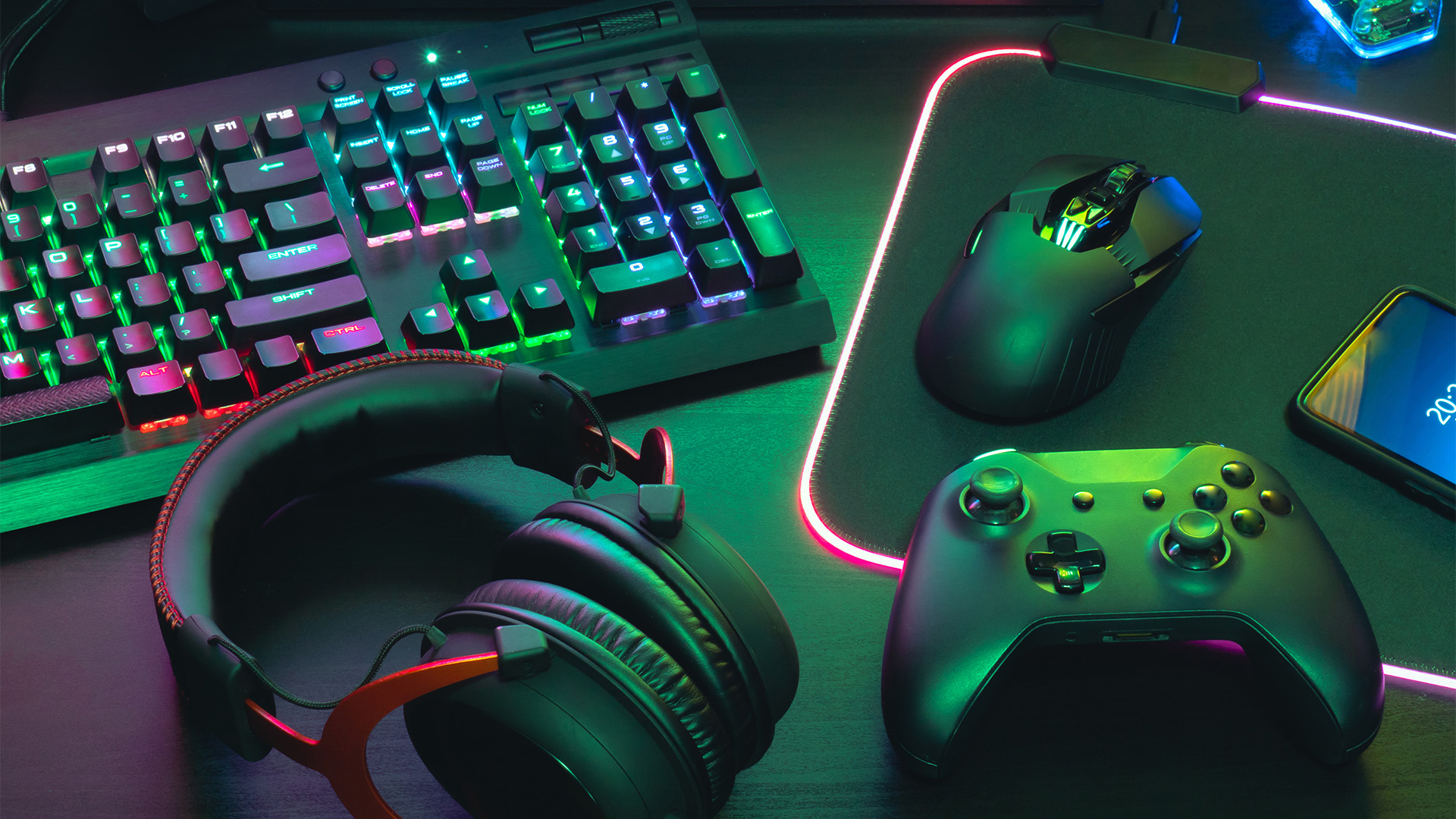
Publication
New competition legal framework in Mexico: What you need to know
A major reform to the Mexican Federal Economic Competition Law has been published in the Federal Register, and is set to become effective.


Global | Blog | agosto 2025
Cheat software has long been a thorn in the side of game publishers. But does it also constitute a copyright infringement? In a landmark decision, issued on July 31, 2025, the German Federal Court of Justice (BGH) ruled that cheat tools that merely manipulate in-game variables in RAM - without altering the program code - do not violate software copyright under EU law.
The judgment, which follows a preliminary reference to the Court of Justice of the European Union (CJEU), has far-reaching implications - not only for the gaming industry.
Sony brought an action against UK-based Datel, a provider of cheat tools such as Action Replay PSP and Tilt FX. These tools allowed players to gain unfair advantages in games like MotorStorm Arctic Edge - for example, by enabling unlimited turbo or unlocking all characters. However, they did not alter the program code, but merely changed the contents of certain memory locations in RAM.
Sony argued that this constituted an unlawful modification under § 69c No. 2 of the German Copyright Act (UrhG) and the EU Software Directive 2009/24/EC.
After the Hamburg Regional Court initially ruled partially in Sony’s favour, the Higher Regional Court dismissed the claim entirely. The BGH then referred key questions to the CJEU for interpretation.
At the heart of the case was the question: does changing RAM data during program execution - without modifying the source or object code - constitute a copyright-relevant modification?
The CJEU answered this question in the negative in its decision of 17 October 2024:
The BGH adopted the CJEU’s interpretation of the Software Directive and ruled accordingly that no copyright infringement had taken place.
What is clarified:
What remains open:
For video gaming publishers:
For cheat software developers:
For the software industry at large:
With its judgment in Sony v. Datel, the BGH - guided by the CJEU’s interpretation - has for the first time at the highest level clarified that cheat software which merely alters RAM data does not infringe copyright. This provides legal certainty and sends a signal that is relevant to both the gaming sector and beyond.
For publishers, the message is clear: those who want to prevent cheating must do so through technical means - copyright law alone is not enough.
For more information in relation to:

Publication
A major reform to the Mexican Federal Economic Competition Law has been published in the Federal Register, and is set to become effective.
Subscribe and stay up to date with the latest legal news, information and events . . .
© Norton Rose Fulbright LLP 2025